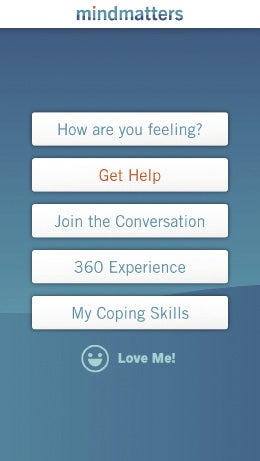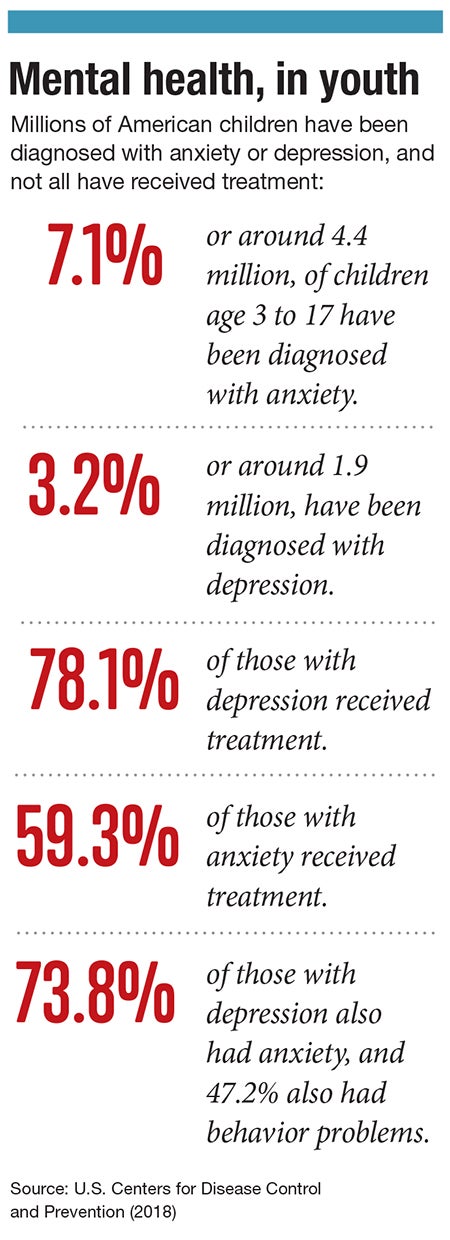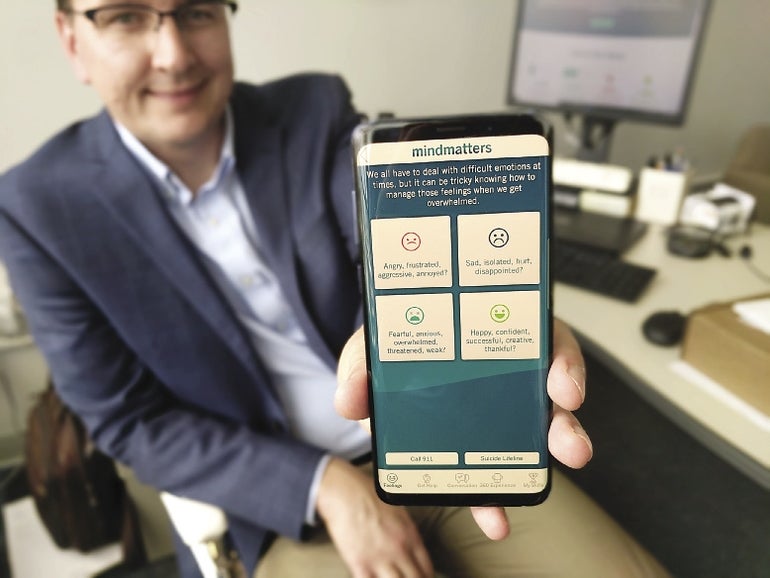Worcester’s Shine Initiative is taking its mission to encourage dialogue about mental health and open up access to services for youth mobile with a new app.
Get Instant Access to This Article
Subscribe to Worcester Business Journal and get immediate access to all of our subscriber-only content and much more.
- Critical Central Massachusetts business news updated daily.
- Immediate access to all subscriber-only content on our website.
- Bi-weekly print or digital editions of our award-winning publication.
- Special bonus issues like the WBJ Book of Lists.
- Exclusive ticket prize draws for our in-person events.
Click here to purchase a paywall bypass link for this article.
In its goal to encourage dialogue about mental health and open up access to services for youth, Worcester’s Shine Initiative has gone into dozens of schools across Central Massachusetts to talk with students.
Now, thanks to an app created by Worcester tech firm Pagano Media and funded by the nonprofit Health Foundation of Central Massachusetts, that mission can be taken to students when they’re not in school – and to other students anywhere.
“There’s only so much time you can have in front of students,” said Fred Kaelin, the Shine Initiative’s executive director.
The app, called Mindmatters, still includes much of what students are taught about mental health, including how to access services. In fact, the app includes 360-degree video of a few classroom presentations, putting anyone in the place of a student learning about how common feelings of sadness, anxiety or depression can be.
The Shine Initiative wanted to get to students where they so often are: on their phones. A student can discreetly get tips on what to do while feeling angry – hit a punching bag, rip up a newspaper, or throw ice against a brick wall or the ground, for example.
For the most serious cases, prominent buttons can connect a user to a suicide hotline and to 911.
A year-long process
The new app, along with a revamped, brighter logo and overhauled website for the Shine Initiative, was made possible through a $57,000 grant made in October 2018 by the Health Foundation of Central Massachusetts.
A board reviewing applications found the Shine Initiative’s proposal to be a perfect fit for a fund it devotes to one-time, year-long projects to increase an organization’s capacity to offer services, said Jan Yost, the foundation’s president.

The app complements what the Shine Initiative has already done in schools, Yost said, and uses suggestions – others include taking a shower or bath, or guided meditation – proven to be effective. Shine has added many of the same features to its news website.
“It’s important to reach them in real time,” Yost said of the accessibility to students or anyone else. “They can go to the website or to the app and get the help that they need.”
Over much of the past year, Pagano Media worked on the new site and the app to carry out the idea of better and broader accessibility.
“It’s about connecting people,” said Leo Pagano, the company’s strategic director, who worked on the project with Mike Duong, Pagano’s programming lead.

A student focus group suggested including an option for app users to say they’re happy – not just angry, anxious or depressed – when they’re checking in. In that case, the app suggests taking advantage of the positive thoughts by writing down grateful feelings, perform an act of kindness or other responses.
Users can suggest other actions, or affirm or reject ones that did or didn’t work for them.
“It’s kind of like a diary of sorts,” Pagano said.
The new website is planned to eventually include a forum allowing students to talk to one another about mental health issues, with details still being worked out on oversight.
Addressing a serious need, and changing times
It’s not too hard to see why more help may be needed for youth and mental health, with studies showing high – and rising – rates of anxiety and depression.
The odds of adolescents suffering from clinical depression grew by 37% between 2005 and 2014, according to a Johns Hopkins Bloomberg School of Public Health study from 2017.
A Pew Research Center poll in February found 70% of teens considering anxiety and depression a major problem among their peers – far more than bullying, drug addiction, teen pregnancy or other risks.
If mental health has often come with a stigma, Yost said it’s much less the case with students these days, giving an opportunity for greater discussion around the issue.
“They’ve been raised in an era in which people encourage you to share things,” she said. “Times have really changed.”
With that in mind, the Shine Initiative and Pagano went about making the app not too technical and with touches of levity.
“Flatten empty aluminum cans,” one tip says. “You probably won’t get your nickel back for those, though.”
“We didn’t want it to feel overly clinical,” Kaelin said. “It’s about the simplicity of using it, without treating the topic like it’s simple.”

